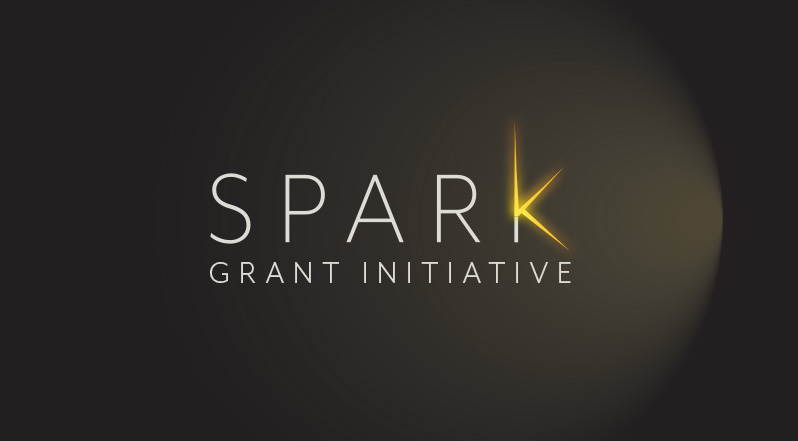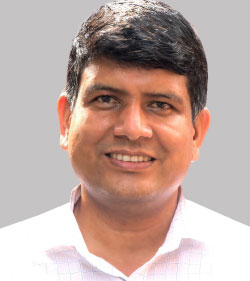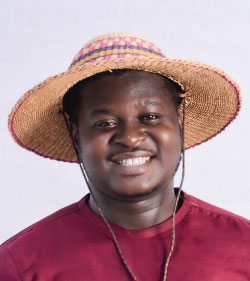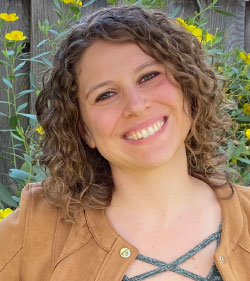
Montréal, 12 January 2022 – The Spark Grant Initiative (SGI), run under the auspices of the World Federation of Science Journalists (WFSJ), has selected its first three winning ideas, coming from South America, Africa and Asia, to improve the coverage of sciences in the general media. The SGI, launched and funded by five science journalists’ associations in Europe and the United States, will grant each project with 20,000 US$, the first results of which will be presented at the next World Conference of Science Journalists (WCSJ), in Medellin, Colombia, in late June 2022.
“The jury has been amazed by the high quality of the majority of the proposals submitted. The choice, based on a list of detailed criteria, has been tough to make. We would like to warmly thank all the participating teams for their efforts, and we congratulate the three winners, whose projects are very promising,” said Olivier Dessibourg, chairman of the SGI and president of its jury. The jury of nine experienced science journalists – 5 men and 4 women – pored over 37 submissions from all over the world.

NEPAL, with Chhatra Karki
Climate change with its effects in the Himalayan region is the main topic that 8 science journalists from Nepal, India and Bangladesh will discuss in depth in the bootcamp workshops for science journalists proposed by Nepalese science journalist Chhatra Karki. Karki has covered news, feature and stories on climate change, science and technology, environment, health and education. In recent years he was Editor of the NEPAL NEWS Online News Portal. The mutual-learning exercise is meant to help reporters inject scientific evidence in their reporting on climate, and to discuss the challenges faced by working climate journalists, and devise strategies to overcome them through intense discussion debates and critical reflection. A web-based platform will allow journalists to share their stories, feature articles and commentaries on various facets of climate science with each other and with the respective audiences. “This project has been considered as very interesting as, while being original, it is coming from a region that is sometimes forgotten when talking about science journalism needs,” said Dessibourg.
 TOGO, with Kossi Balao
TOGO, with Kossi Balao
The proposal of assisting the French-speaking Africa science journalists’ network (RJSAF) in the organisation of the first conference of science journalists in French-speaking Africa, and of launching a francophone science journalists platform, came from the Togolese science journalist Kossi Balao, who obtained support from the French Association of Science Journalists in the news media (AJSPI), the Swiss Association of Science Journalism (SASJ) and the Quebec Association of Science Communication (ACS). Balao is the founder of the newspaper The Confidential Report, and a contributor to various media outlets, including Scientific African Magazine. He was one of the winners of the United Nations Voices of a Brighter Future journalism competition. The conference aims at enabling francophone journalists to work on international reporting projects and to organize a prize to reward cross border reporting. “This conference will put the science journalism in the French-speaking part of Africa in the spotlight, and will very likely strengthen the network with the entire French-speaking world”, said the president of the SGI jury.
 CHILE, with Lindzi Wessel
CHILE, with Lindzi Wessel
The third grant was assigned to Lindzi Wessel, a bilingual science journalist born and raised in the US and now based in Chile. Wessel has been covering a broad range of subjects, including the intersection of politics and science and sexual harassment in universities. Her stories have appeared in international outlets including Science, Nature, and The Washington Post.
With input from science journalists in Chile, including leadership from the WFSJ-affiliate The Chilean Association of Journalists and Professionals for the Communication of Science (ACHIPEC), Wessel will organize a symposium focused on advancing science journalism training there. The symposium, based in Santiago and designed to attract between 150 and 200 people, will also provide the basis for ongoing actions by documenting expert discussions of best practices, opportunities for universities to provide more science journalism training and making calls to action aimed at various stakeholders. “The Jury thought that this well structured project responded to a need in South America, and might take part in the efforts by the WFSJ to set up regional events and conferences on science journalism under its auspices”, said Dessibourg.
The SGI was originally funded with US$100,000 provided by the Swiss Association of Science Journalism (SASJ), the French Association des journalistes scientifiques de la presse d’information (AJSPI), and Science Writers in Italy (SWIM), which together organized the WCSJ2019 in Lausanne, Switzerland, as well as the National Association of Science Writers (NASW), and the Council for the Advancement of Science Writing (CASW), both from the United States, which put together the WCSJ2017 in San Francisco. The SGI is managed under the auspices of the World Federation of Science Journalists (WFSJ). “The ambitious goal is to strengthen science journalism locally while also benefitting the worldwide community. We will showcase the first results of the funded projects at the World Conference of Science Journalists WCSJ2022 in Medellín, Colombia,” said Milica Momčilović, president of WFSJ, who is member of the jury. Part of the endowment was put aside for possible follow-ups, and for supporting a new round of funding.
“Each of these projects represents a tangible legacy of the last two editions of the WCSJ,” said WFSJ Executive Director Tim Lougheed. “And just as these conferences serve to strengthen the bonds within our global community, these initiatives will further strengthen the bonds within our member associations. It has been extremely satisfying to have the opportunity of providing support in such a meaningful way. We want to inspire emulators, and we also hope sponsors will come forward and offer to fund these useful grants in the long term”.